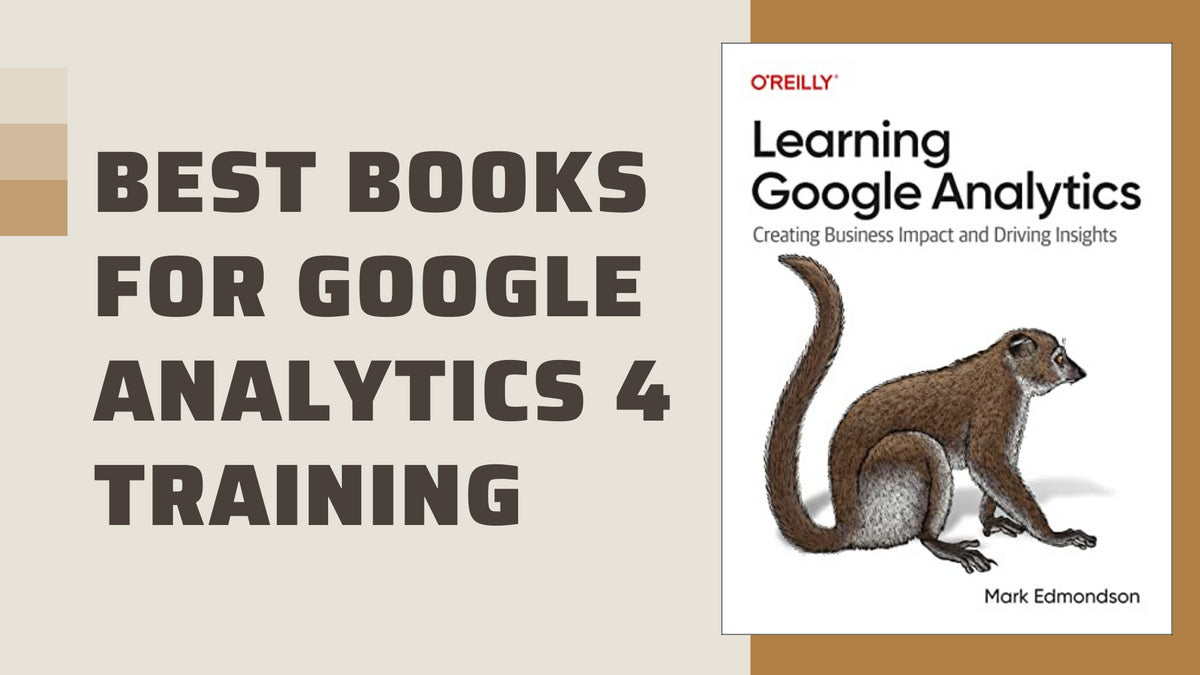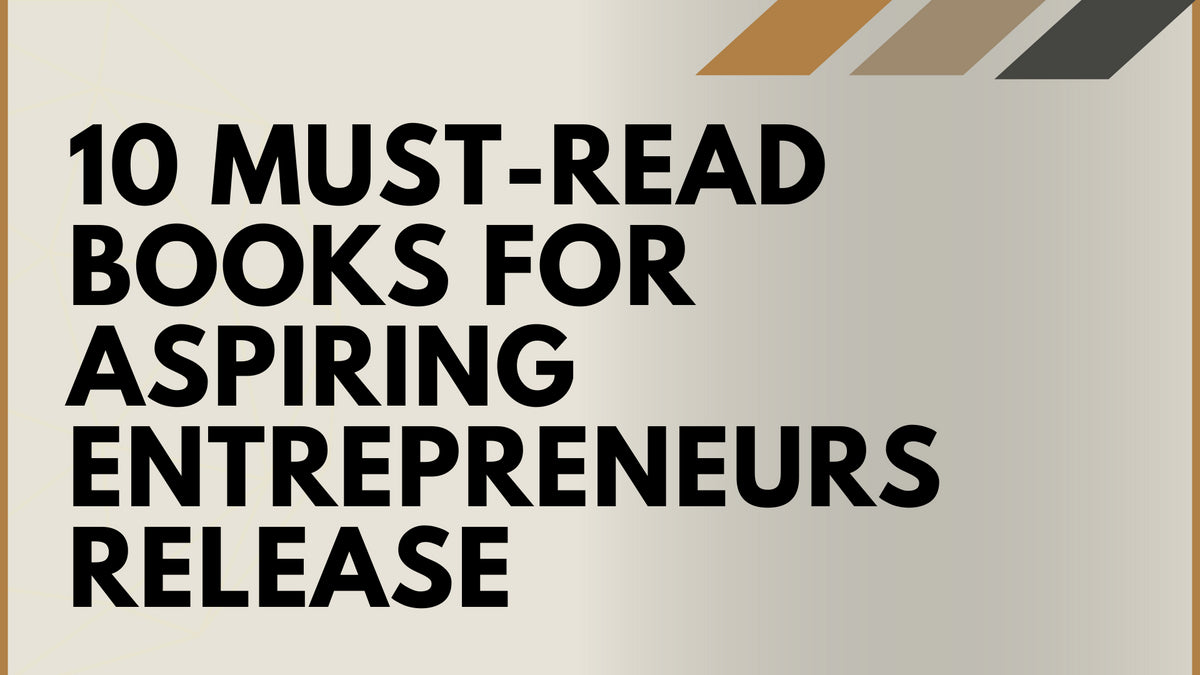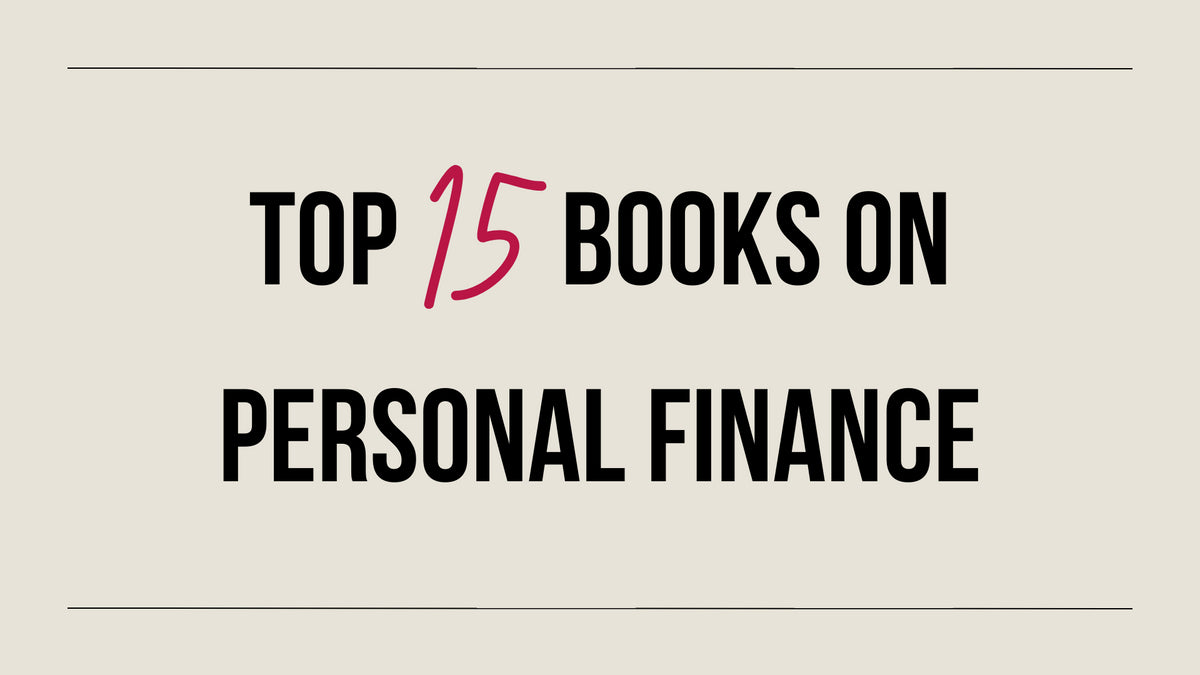Your Cart is Empty
Nudge Book Summary: How To Influence People
Listen To This Article
Influence The Way People Behave
People usually know what is good for them, yet they make irrational personal and economic choices anyway. Why? The Nudge Theory says it is because people rely on their Automatic System, the source of gut reactions, and often have weak reliance on the Reflective System, the thinking system. If people learned to question their automatic responses before making decisions or choices, their lives would improve. For government policymakers, marketers, and even parents, nudges can help people make better choices. Nudge Theory combines psychological factors and conventional economics to develop behavioral economics to identify the government nudges, rather than enforcement actions, that help people make choices for personal and societal benefit.
Learn How To Change Peoples Decisions
- Difference between the Automatic System and the Reflective System
- The heuristics of anchoring, availability, and representativeness
- The related biases emerging from heuristics due to interaction of the Automatic System and the Reflective System
- The difference between traditional economics and behavioral economics
- Choice architecture and how it leads to nudges
- An understanding of what a nudge is and how it influences people
- Nudge theory and its focus on designing choices based on how people really think and not based on how it is believed they think
- Various concepts influencing people’s thinking, like framing, the measurement effect, feedback, channel factors, and much more
- Examples of how Nudge theory is applied in various
- private and public decision-making

Featured In This Review
Nudge
$14.49
Find out how very small changes to people's environment can achieve the desired reaction. This can be more effective than direct requests if used properly. Read to find out how.
SHOP NOWNudge Book Summary
The book Nudge, written in 2009, begins by describing the Automatic System and the Reflective System. The simplest description of the Automatic System is that it is gut feelings or a gut reaction and does not involve conscious thinking. The gut reactions and feelings come from the oldest part of the brain in terms of evolution. The Reflective System is deliberate, self-conscious thinking and comes into play when doing things like math, deciding a trip route, and assessing situations. The authors Richard H. Thalen and Cass R. Sunstein explore whether people can rely more on their Automatic Systems to make life easier and better but without getting into trouble.

Nudge shares a 1974 research program developed by two Israeli psychologists identified three heuristics or rules of thumb and how they can lead to systematic biases. The three heuristics are anchoring (starting with something you know and adjusting); availability (assessment of likelihood of risks being real influences on private and public decision-making and risk-related behaviors.); and representativeness (stereotyping, finding patterns that do not exist, etc.). Anchors are also mentioned in the book Epic Content Marketing because information presented first impacts follow-up decisions by treading on people’s anchors. The heuristics account for many biases influencing decisions - assumptions about people, unrealistic optimism or fear, hope over experience, etc. The representative heuristic is particularly harmful because decisions are made based on a stereotype of people, events, conditions, etc. i.e. tall Black men are more likely to be basketball players than Jewish men or a booming stock market leads to rash investing because the reality of an up-and-down market is not taken into consideration.
Want to buy a book review like this?
Click here to learn how to get your book reviewed!
The book then proceeds to discuss behavioral economics versus conventional economics. In economics, people are assumed to have great perception and self-awareness which leads to the best decision for themselves. Behavioral economics assumes people can make irrational decisions and mistakes, especially when the choices are lacking in feedback mechanisms, complex, and/or rare. Humans have more fear of experiencing a loss than they are happy about realizing a gain. This is how people get stuck in the status quo, like setting a 401(k) allocation once and then never changing it, even when aging or retirement goals change. Framing plays a role because how an issue is contextualized dramatically influences decision-making. For example, a doctor says, “Of 100 patients who agreed to this operation, 90 are still alive five years later,” versus, “Of 100 patients who agree to this operation, 10 are dead five years later.” The positive version leads to a much greater number of people agreeing to an operation. People’s perceptions matter, one of the premises in the book The 22 Immutable Laws of Marketing.

Mindlessness is often the source of temptation, something we cave into on autopilot. For example, Nudge shares studies that have shown: the more popcorn people are given, the more they will eat. Though temptation is most often thought of in terms of food, it can be mindless routine action in any situation. It could be said the book The 7 Habits of Highly Effective People is about overcoming mindless action and seeking to understand personal behaviors on a deeper level. On the other hand, behavioral economics recognizes that people are heavily influenced by peers. They make decisions or like something because other people do and humans want social approval. Using these kinds of principles, Thaler and Sunstein address the fact that humans often make bad choices that they would not make if they had another chance.
In libertarian paternalism, policymakers and private companies use “choice architecture” which refers to the way choices are structured and presented to move people towards making the most beneficial choice. The use of choice architecture creates nudges which are subtle hints or influences that drive choice. Nudges are the heuristic tendencies in people. Nudge theory addresses the design of choices which influences the choices made. It proposes that designing choices should be based on how people instinctively and sometimes irrationally think and decide, rather than on how leaders and government policymakers believe people decide logically and rationally, an often incorrect belief. Nudge theory strives to better understand and manage heuristic influences on human behavior. There are numerous stories in the book The Tools of Titans that demonstrate successful people thoughtfully manage their habits to their benefit, from the first actions taken in the morning to their high-stakes negotiation tactics.

To get people to change and make better choices, indirect encouragement and enablement is used as opposed to enforcement and direct instruction. This is a nuanced principle in the book Developing Leaders because it says that leadership training should not just point out current problems (a form of enforced change) but rather provide workable solutions and help leaders link company objectives to company strategy. Counting calories is an enforced change while using a smaller plate is a nudge. Putting up signs that say “fines for littering” is enforcement, while adding more litter bins and making them more visible is a nudge. Another way to look at Nudge theory is that choices are designed for people to encourage positive beneficial decisions. Nudge Theory can also be used to reshape or redesign existing choices and influences delivered by government, corporations and other leaders.
Nudge theory is based in psychology and economics, so it is integrated with things like leadership, change management, personal development, motivation, ethical business, motivational theories, and so on. Enforcement frequently leads to resistance and confrontation, whereas nudge theory strives to minimize these kinds of behaviors. Nudge theory applies to marketing, business, parenting, government policy-making, and communications. For government leaders, it is an approach for changing people’s behavior by designing and offering free choices, so “their decisions are more likely to produce helpful outcomes” for the people and society. One of the principles in the book How to Win Friends and Influence People is to talk in terms of the other person’s interests. Finding the right nudges applies this principle and many others.

There are many interesting examples of nudges in the book. One of the ones mentioned is the “fly in the toilet.” The cleaning staff at Amsterdam’s Schiphol airport painted a small housefly on each urinal in the 1990s. Men could urinate wherever they wanted to in the urinal, but when given a target, undesirable spillage decreased by 80 percent. In another example, more people save for retirement when automatically enrolled in a retirement plan, and given an opt-out choice versus no automatic enrollment.
Nudge is jam packed with psychological and behavioral concepts, like elimination by aspects, collaborative filtering, and the measurement effect. The measurement effect concerns how the measured intentions affect people’s conduct, i.e. asking people “what they intend to do.” For example, “Do you intend to XXX in the next 6 months?” After they answer, ask when and how they intend on doing it. These are what Kurt Lume called channel factors which can facilitate or inhibit certain behaviors. This approach would be useful to the development of a self-managing sales team proposed in the book Predictable Revenue. The question posed would be, “What sales level do you intend to meet in the next 6-12 months?”

The events related to the COVID-19 pandemic are a very recent example of the difference between enforced change and nudges. The government assumed most people would want a vaccine, and instead many states are struggling to get beyond 30 percent of their population vaccinated. Instead of ordering people to get a vaccine, nudges were deployed. One is the offer of a vaccine lottery. Get a vaccine and get an entry in the lottery. Remember the fear of loss is greater than the happiness of gain. By not getting a vaccine, a person loses the opportunity to win a million dollars.
One of the best features of the book Nudge is that it gives real-world everyday examples people can relate to. However, the morality of using influence is still questioned by many scholars, and that issue is not addressed in a significant way. The book INFLUENCE explores the psychology of why people say yes and how to defend against unethical influence attempts. Nudges are influences, so what stops their use for unethical purposes? However, the whole idea of the nudges people experience every day makes for an interesting self-examination of personal decision-making processes.
About The Author Richard H. Thaler
Born in 1945, American Richard H. Thaler studied at Case Western Reserve University in Cleveland, Ohio and then attended graduate school at the University of Rochester in New York where he earned a doctorate degree in 1974. He worked first at the University of Rochester, becoming an Assistant Professor, and then Cornell University in Ithaca, New York. He remained at the Cornell business school for 18 years. In 1995, Thaler began working at the University of Chicago and is now the Charles R. Walgreen Distinguished Professor of Behavioral Science and Economics at the Booth School of business.
Thaler began his prestigious career, beginning in the 1980s with his multi-disciplinary work analyzing economic decision-making. His first notable behavioral economics paper was “Toward a Positive Theory of Consumer Choice” which was written in 1980, followed by “An Economic Theory of Self-Control” published in 1981 and a series of papers over the years. He met and worked with a number of graduate students and now-famous economic analysts. These people had enormous influence on his career and pursuit of a new line of study on human economic behavior. His work was unique in that he combined economic-decision making with psychology and behaviorism. He calls the University of Chicago the “spiritual home of law and economics.” He says that writing the book Nudge changed his life.
In 2015, he was President of the American Economic Association. In 2017, Thaler was awarded the Nobel Memorial Prize in Economic Sciences. In 2018, Thaler was elected a member of the National Academy of Sciences. He is also a member of the American Academy of Arts and Sciences and a Fellow of the American Finance Association and the Econometrics Society.
Richard H. Thaler has written a number of books which are geared towards a lay reader, rather than scientists. They include the Winner’s Curse (1991), Advances in Behavioral Finance (V. 1-1993, V. 2-2005), Quasi-rational Economics (1991), the co-authored book Nudge (2009) and Misbehaving (2015). He has also published more than 90 papers.
Putting his principles into practice, Thaler co- founded the Fuller & Thaler Asset Management firm. He has served as the co-director of the National Bureau of Economic Research Behavioral Economics Project and helped establish the Behavioral Insights Team.
Richard H. Thatler is active on Twitter and Facebook. There are also many YouTube videos of his interviews and lectures on a variety of topics.
Co-author Cass R. Sunstein was born in 1954 in Concord, MA and is the nation’s most-cited legal scholar in fields that include constitutional law and administrative law. He is also recognized as an expert in behavioral economics. Sunstein graduated with a Bachelor of Arts from Harvard College in 1975 and earned a law degree from Harvard Law School in 1978. He served as a law clerk first for Justice Benjamin Kaplan of the Massachusetts Supreme Judicial Court (1978-79) and then for Justice Thurgood Marshall of the U.S. Supreme Court (1979-1980).
From 2009-2012, Sunstein was the Administrator of the Office of Information and Regulatory Affairs in the Obama administration. He is currently the Robert Walmsley University Professor at Harvard and the founder and director of the Program on Behavioral Economics and Public Policy at Harvard Law School. In 2018, Sustein was awarded the Holberg Prize by the government of Norway. In 2020, he was appointed to the World Health Organization as Chair of the technical advisory group on Behavioral Insights and Sciences for Health.
Sunstein is a prolific author and has published hundreds of articles and dozens of books. In addition to co-authoring Nudge, he wrote the book Simpler: The Future of Government (2013); The Ethics of Influence (2015); #Republic (2017); Impeachment: A Citizen’s Guide (2017); The Cost-Benefit Revolution; On Freedom (2019); Conformity (2019); The World According to Star Wars; and How Change Happens (2019), to name a few and has co-authored several books.. His most recent books are Too Much Information (2020); This is Not Normal (2021); and Sludge (2021).
Cass Sunstein is found on LinkedIn, Twitter, Facebook and also has a number of YouTube videos in which he discusses a variety of topics, like the interview he did with a member of the Council on Foreign Relations.
Want to buy a book review like this?
Click here to learn how to get your book reviewed!
Leave a comment
Comments will be approved before showing up.
Also in Books

The Best Books for Google Analytics 4 (GA4) Training
Unlock the secrets of Google Analytics 4 with our curated list of the best GA4 training books for 2023! Dive deep into actionable insights, master advanced techniques, and lead the digital analytics revolution. Don't get left behind; discover the ultimate resources to dominate GA4. Click now to elevate your skills!
Read More
10 Must-Read Books for Aspiring Entrepreneurs
Do you dream of starting your own business? If so, you need to read this article! We've compiled a list of 10 must-read books for aspiring entrepreneurs. These books will provide you with the knowledge and inspiration you need to turn your dream into a reality. Click here to read the article and learn more!
Read More
Top 15 Books on Personal Finance
Are you looking for a safe and informative place to learn about personal finance? If so, you've come to the right place! This article discusses the top 15 personal finance books on the market, all of which are sure to help you improve your financial situation without any explicit sexual descriptions or that is sexually suggestive in nature or is primarily intended to cause arousal.
Read More